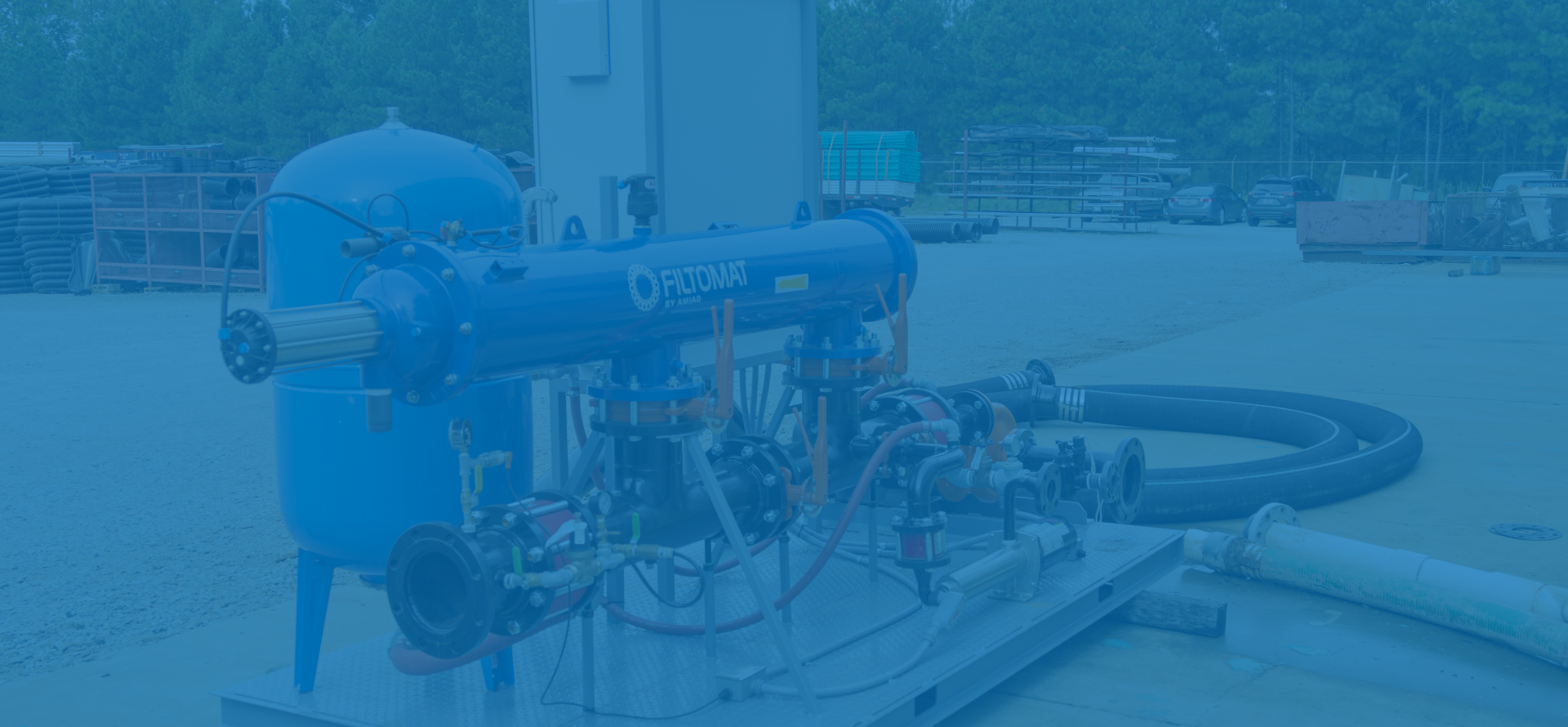
Human society as we know it could not exist without irrigated land. For more than 2,000 years farmers have used irrigation to grow food for hungry populations. This does not mean that all irrigation methods are equally useful, however. Knowing which approach will work best in your situation requires knowing something about the options available, including the advantages and disadvantages of each. With that in mind, here is a look at five things to consider in getting water to your crops:
- Soil type. The type of soil in an area can affect not only the type irrigation method used but also the irrigation run times. Sandy soils typically require frequent applications of water at a high rate to keep moisture in the root zone. Tighter clay soils can hold moisture longer that sandy soils, but may require frequent applications at a lower rate to prevent runoff.
- Land topography. In particular, hilly or sloping land can be a challenge. Drip irrigation works well if the laterals can be run along topographic lines. System run times may need to be adjusted to prevent runoff. Travelers and center pivot systems are usually out of the question on hilly and severely sloping land.
- Local weather patterns. For example, sprinklers are less desirable in areas where high winds are common and in arid areas with a low humidity since water losses due to evaporation can be extremely high. Drip irrigation works well in both of these situations.
- Type of crops grown. Sprinkler and drip systems can require high levels of investment. For this reason, it’s better to reserve their use for high-value crops like vegetables, small fruits and orchard crops rather than applying them to commodity crops like wheat and soybeans.
- Water quality. All drip irrigation systems require some type of filtration. Overhead systems such as sprinklers seldom require filtration. Irrigation water should be tested for water borne pathogens. Depending on the crop grown and irrigation method used chlorine injection may be required. Other water quality issues that may be of a concern include levels of soluble iron and other dissolved minerals.
We hope this article has given you some useful insights into selecting the right irrigation method for your operation. Contact us today to find out more.








